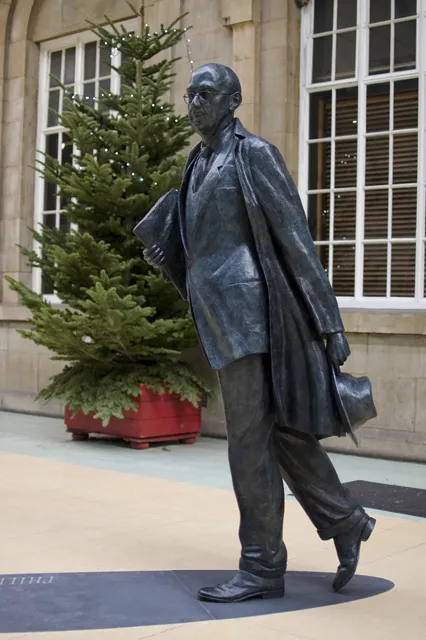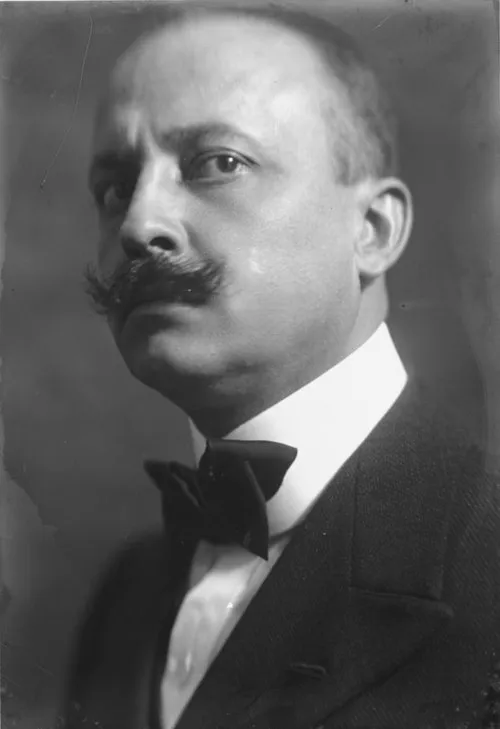
Name: Bobby Keys
Profession: American saxophonist
Birth Year: 1943
Year of Death: 2014
Notable Collaborations: Known for his work with The Rolling Stones
2014 – Bobby Keys, American saxophonist (b. 1943)
Early Life and Musical Beginnings
Raised in a musical family, Bobby Keys developed a passion for music at a young age. His love for the saxophone was ignited after hearing jazz legends. Keys honed his craft through practice and exposure to various musical styles, which would later influence his signature sound.
Career Highlights
Keys gained prominence during the 1960s and 1970s, collaborating with numerous iconic rock bands and artists. One of his most notable partnerships was with The Rolling Stones, where his saxophone solos became a defining element of tracks like "Brown Sugar" and "Can't You Hear Me Knocking." His ability to blend seamlessly into the band’s rock sound was a testament to his musical versatility.
In addition to The Rolling Stones, Keys contributed to albums by legendary artists such as Eric Clapton, Joe Cocker, and George Harrison. His work extended beyond the studio; Keys was a prominent figure in live performances, bringing the energy of his saxophone to audiences around the world.
A Lasting Legacy
Bobby Keys' influence was not limited to his collaborations. He was instrumental in shaping the sound of rock music in the late 20th century, and his unique style inspired countless musicians. His improvisational skills and deep understanding of musical composition allowed him to elevate any song he played on.
Keys' contributions to the music industry earned him a place in rock history. Many of his saxophone riffs have become classics, etched into the memory of fans and fellow artists alike. Even after his passing, his music continues to resonate, reminding listeners of the brilliance he brought to the stage.
Recognition and Honors
Throughout his career, Bobby Keys received various accolades. He was celebrated not only for his musicianship but also for his ability to forge lasting friendships with other artists. His charismatic personality and dedication to his craft made him a beloved figure in the rock community.
The Life and Legacy of Bobby Keys: A Journey Through Sound
Born in the vibrant year of 1943, Bobby Keys emerged not just as a musician but as a true icon within the rock genre. His journey was anything but ordinary. Raised in Lubbock, Texas a place steeped in musical history Bobby found himself captivated by the sounds of honky-tonk and rock 'n' roll from an early age. This fascination would soon morph into a lifelong passion, leading him to pick up his first saxophone while still in his teens.
However, it wasn't merely the instrument that called to him; it was the intoxicating blend of genres that defined his early influences. Jazz, blues, country each note he played became part of a tapestry that would define his career. By the time he reached adulthood, he had already earned a reputation on local stages across Texas.
In 1961, at just eighteen years old and filled with youthful ambition, Bobby's world took an unexpected turn when fate intervened during one electrifying performance at a local bar. Ironically enough, it was this night that caught the attention of Buddy Holly's band members who happened to be watching from afar. This chance encounter set off sparks for young Keys; he joined them on tour and began to navigate through the complex landscape of professional music.
As years rolled on and bands came and went Bobby honed his craft relentlessly. He played alongside some of rock’s biggest legends like Eric Clapton and George Harrison but perhaps nothing solidified his legacy more than his long-standing relationship with The Rolling Stones. When they first crossed paths in 1969 during sessions for "Let It Bleed," it marked not only a significant milestone for Bobby but also for rock history itself.
In those chaotic yet exhilarating days at Olympic Studios in London a space where creativity flowed like wine the unmistakable sound of Keys’ saxophone blended seamlessly with Mick Jagger's raspy vocals and Keith Richards' signature guitar riffs. "Brown Sugar," "Jumpin' Jack Flash,"... these weren’t mere tracks; they were anthems forever etched into musical lore.
The Unconventional Maestro
Bobby’s style was unconventional arguably what made him so captivating as an artist! He didn’t simply play notes; he infused every performance with soul! The essence behind each solo resonated deeply it felt less like mere music and more akin to storytelling through sound!
Despite this undeniable talent however, there were moments marred by struggles against addiction that threatened to derail everything he'd built over decades! Who knows how different things might have been had those dark periods never materialized? Yet each time he faced adversity head-on emerging stronger from every setback fueled by sheer determination!
A Soundtrack For Generations
Bobby’s contributions extended beyond collaborations; he cultivated relationships with countless artists across varying genres throughout his career! From working on albums such as “Exile On Main St.” (1972) to contributions within the realms of country music it seemed no corner remained untouched by his genius...
"I am just trying to put my own spin on what I hear,” Bobby once reflected during an interview regarding artistry this sentiment echoed widely among musicians who sought authenticity amid commercial pressures."
The Later Years: Reflections & Resilience
- Inevitably though: As life unfolded towards its later chapters the toll taken by years spent living fast began manifesting physically too...
- This led: To health issues which made touring increasingly difficult despite ongoing demand from fans eager for live performances!













